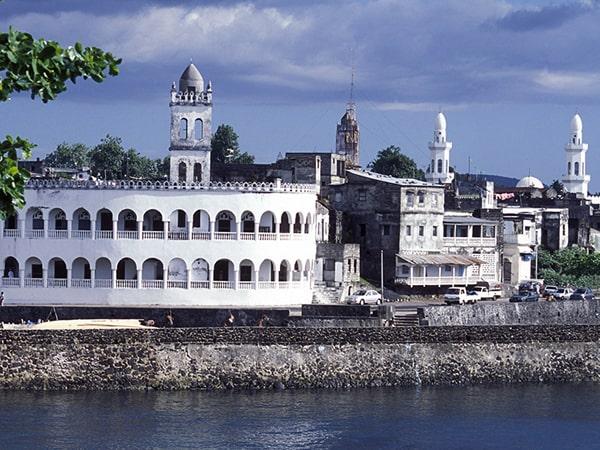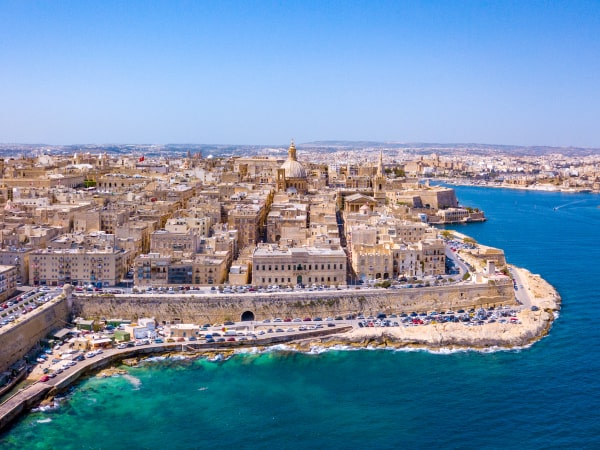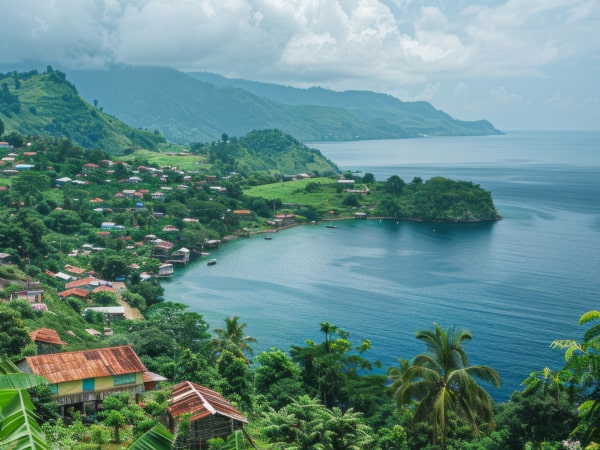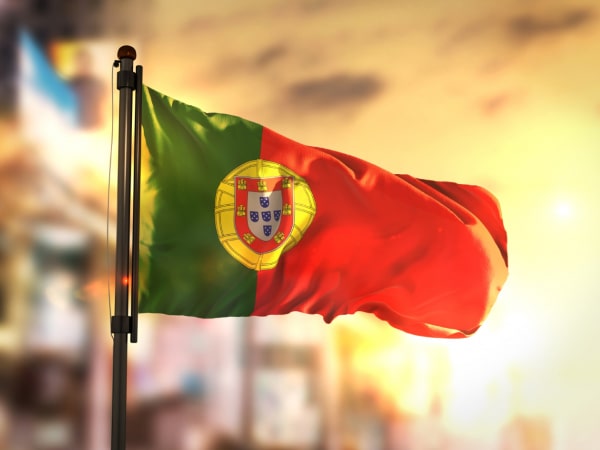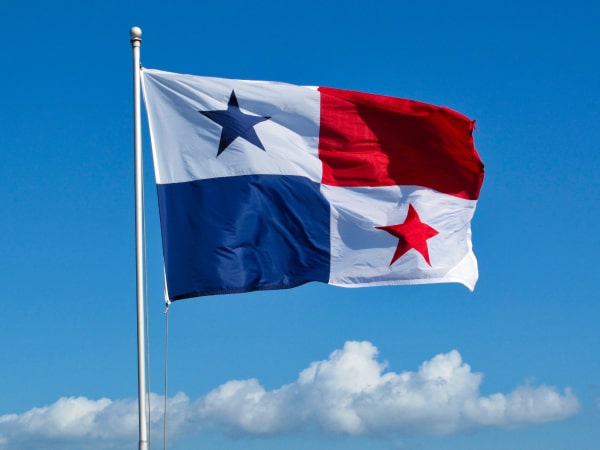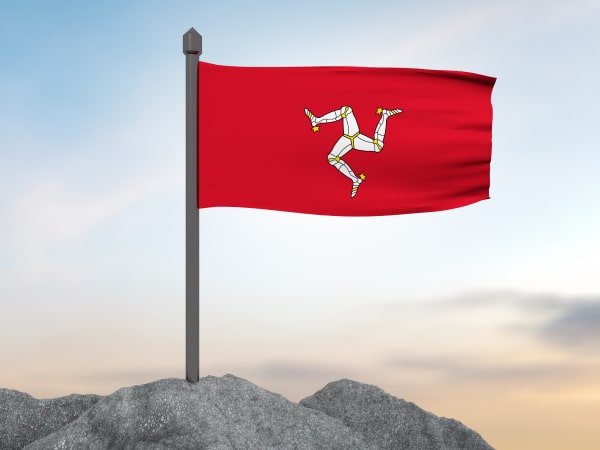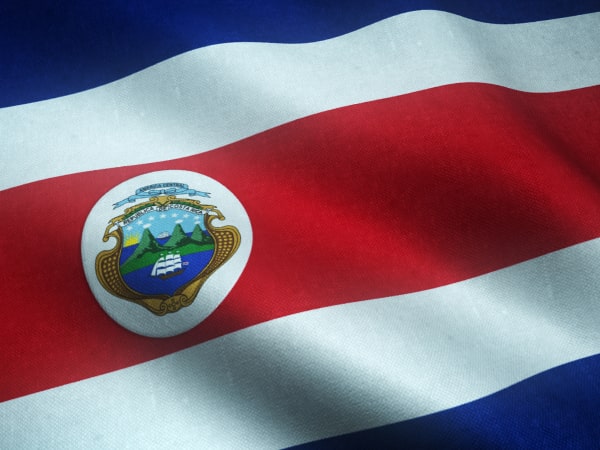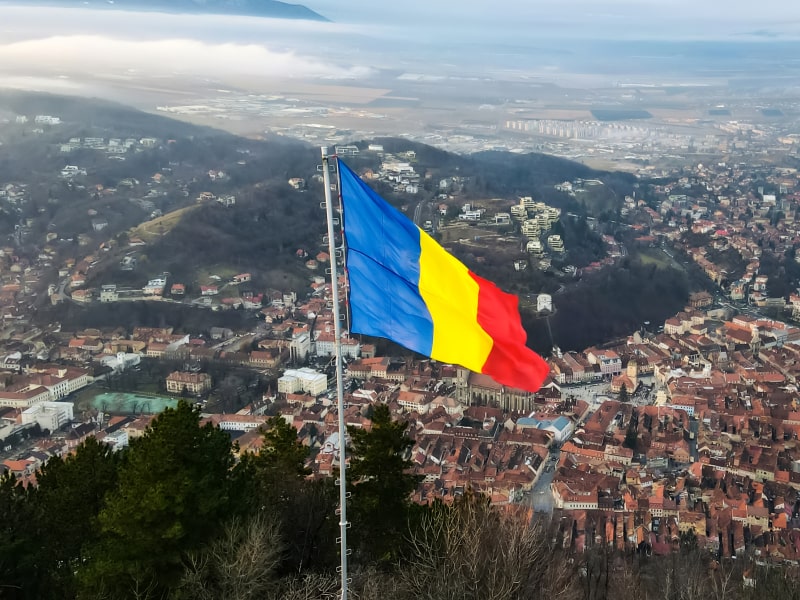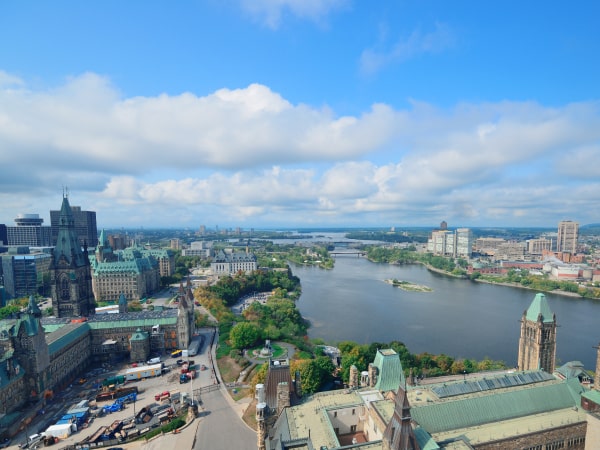Malta Gaming License
A gaming license in Malta is a label of quality and trust among the world gaming licenses and one of the best markets to apply for a Malta gaming license in the gaming area. We are talking not only about obvious benefits that come into force after obtaining a Malta gaming license but also about implicit advantages such as easy contracting with third-party companies. As the first EU country to set up an online gaming regulation, a Maltese gaming license enables one to open bank accounts in respected EU authorities and obtain much broader opportunities to set up and place games from the most famous and reliable gaming software providers.
Advantages of the Malta Gaming License
The corporate tax in Malta is set at 35%. However, after shareholders pay all taxes and distribute their dividends, the legal entity is entitled to a tax credit. There are two options:
- A 6/7 effective CIT (Corporate Income Tax) rate is 5% regarding the company’s “active” business income.
- A 5/7 effective CIT rate is 10% regarding “passive” income (including royalties).
Malta has been recognized as a full-fledged EU member since 2004, boasting a high level of social development, a fast-growing economy, and a pro-business environment. Local government provides transparent and clear requirements for business.
Malta is home to many of the world’s leading gaming companies, including software providers, payment processors, affiliates, and marketing services.
The Malta Gaming Authority, along with its high anti-money laundering standards, fosters trust and confidence from worldwide players. Its regulatory framework ensures player protection, one of the core Malta gaming license benefits, allowing operators to engage players from respected jurisdictions.
Malta Gaming License Requirements
The MGA (Malta Gaming Authority) evaluates Malta gaming license applications based on several key criteria.
Fit and Proper
The MGA conducts a fitness and propriety test by analyzing all information and documents provided by shareholders, UBOs, and key persons. The investigation process may involve close interaction with national and international regulatory authorities. Applicants must be prepared to address potential risks associated with this inspection.

Business Planning
The applicant’s business plan must include a detailed forecast of future business activities, including general strategies, growth plans, and methods for achieving company goals and service distribution.
The MGA reviews the applicant’s organizational methods, including company incorporation documents, policies, procedures, technical control systems, and technical setup documents. This includes checking the network and application architecture, game rules, and procedures. Applicants must also meet share capital requirements, with Gaming Service License holders (Types 1 and 2) required to contribute a minimum share capital of €100,000, while Types 3 and 4 require €40,000. Critical Gaming Supply License holders also must contribute a minimum of €40,000.
After passing the initial stages, the applicant has 60 days to meet the technical environment requirements. During this time, they may request a System Audit by an independent third party from a pre-approved list. The System Audit checks the technical environment and ensures compliance with the policies and procedures submitted. If changes are required, the Malta gaming license application can be canceled, and a new submission will be needed. After successfully completing this process, the MGA issues a ten-year license.
Applicants must appoint individuals responsible for key functions related to gaming services or supplies. These Key Persons must be fit and proper, obtaining a Key Function Certificate from the Authority. Applicants must notify the MGA of Key Persons performing crucial roles, which include positions like CEO, Data Protection Officer, and AML & CFT Officer.
Fees and costs
Let’s discuss the total Malta gambling license cost and fees which applicants must pay during the all-stages process proceeding. License Fees for Critical Gaming Supply set up under Gaming License Fees Regulations (S.L. 583.03 of the Laws of Malta). You can find the key provisions below.
| Application Fee for New License | €5000 | Paid upon application for a Gaming License |
| Application Fee for Renewal of License | €5000 | Paid upon application for renewal of License |
| Key Function Certificate | €50 | Applicable per role |
| Transfer of a Qualifying Interest in a Licensee | €1500 | Paid upon the request for the transfer |
| Conversion to a Corporate License or changes to any of the Corporate Entities | €1500 | Paid upon application for such changes |
| Annual maintenance fee for a Recognition Notice | €5000 | Paid yearly in advance |
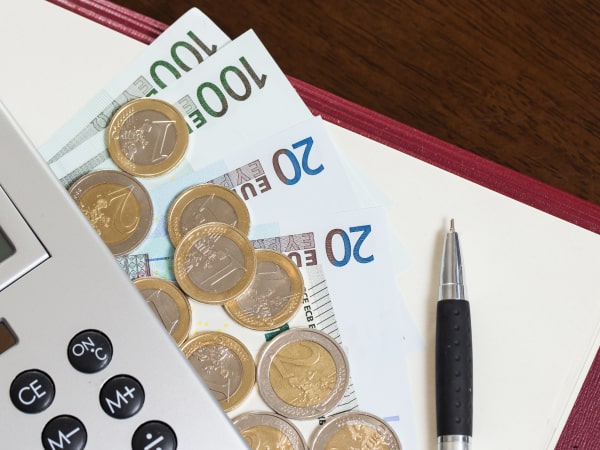
Types of Companies in Dubai
1) Malta gaming license provider
Malta is a recognized hub for gambling offering a Malta Gaming License that has become a kind of legitimacy mark for many operators across the world. Generally, the licenses issued by The Malta Gambling Authority (MGA) permit to offer a range of gambling activities, including sports betting, online casino, poker, etc. The companies under the license issued by MGA are subject to strict regulations which are designed to ensure fairness, transparency and security of gambling business.The license itself is one among the most prestigious authorisations across the whole gambling industry, allowing operators to have access to the EU and other countries markets.
2) Malta gaming license provider registration
To start operating under the Malta gaming license the operators are required to set up a Maltese company with an opened bank account with a local banking entity. Afterwards, there would be a process of submission of application to MGA, allowing the authority to conduct the proper assessment. Be prepared to submit any confirmations, additional information upon request to ensure that the whole process goes smoothly. Once the application is reviewed and all supporting documents have been submitted, you will receive the authority’s feedback. If it is successful, the ongoing 60 days deadline will be applied for applicant to appoint a Service Provider approved by the MGA to get the system audit carried out. Finally, the license must undergo compliance checks and audits within 90 days of the notice issued by the MGA).
B2C
Fixed Annual License Fee:
The fast Malta gaming license process includes a non-refundable fixed annual license fee of €25,000. However, for operators solely providing Type 4 gaming services, the fee is set at €10,000.
Compliance Contribution for Gaming Service License:
The compliance contribution varies by the type of gaming service. For B2C Type 1 gaming services, the fee ranges from a minimum of €15,000 to a maximum of €375,000. For B2C Type 2 gaming services, the fee ranges from €25,000 to €600,000. B2C Type 3 gaming services require a compliance contribution between €25,000 and €500,000. For B2C Type 4 services, the contribution ranges from €5,000 to €500,000.
The total compliance contribution is based on annual revenue, following a flexible approach set by the MGA. For example, if a Type 1 Gaming Services B2C license generates revenue of up to €3,000,000, a 1.25% contribution fee applies. If the total annual revenue exceeds €10,000,000, a 0.60% rate is applicable.
B2B – Critical Gaming Supply
| Annual Revenue Fee Where annual revenue does not exceed €5,000,000 | €25,000 |
| Annual revenue exceeds €5,000,000 but does not exceed €10,000,000 | €30,000 |
| Annual revenue exceeds €10,000,000 €35,000 | €10,000 |
| License Fee for Providers supplying solely Type 4 gaming supplies | €10,000 |
| >Where annual revenue does not exceed €1,000,000 | €3,000 |
| Where annual revenue in excess of €1,000,000 | €5,000 |
Please note that 5% Gaming Tax is applied on Gaming Revenue generated from Malta-based players per year. This rule is defined in Gaming Tax Regulations (S.L. 583.10 of the Laws of Malta).
How do I get a gambling license in Malta?
As we described above, the process of obtaining a Maltese gambling license includes complex phases and stages that require the appropriate experience, a special skill set, and general gambling market knowledge. If starting from scratch, business decision-makers will face many underlying potential problems and unexpected issues. In this case, relying on Malta gaming license consultants is the best decision.
Fintech Harbor lawyers, acting as a Malta gaming license agency, can assist you with the full-stage process and preparation of all necessary paperwork. Don’t hesitate to contact us for any questions regarding obtaining a gambling license in one of the most respected and trusted jurisdictions in the world.
Our awards

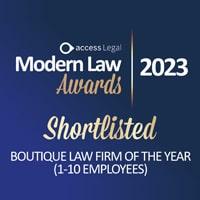
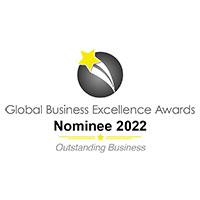
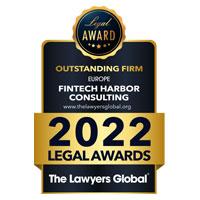
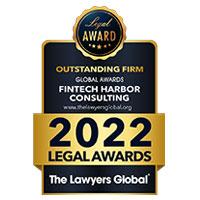
FAQ
What are the requirements to apply for a Malta gaming licence?
Basically, to obtain a Malta gaming licence operators must ensure they have complied with the following key-demands:
- An established EU/EEA legal entity with the amount of share capital varying according to the gaming license held. The minimum paid-up share capital for a remote gaming, for example, is set to EUR 100,000.
- Appointed persons holding personal licenses, termed as a “Key Function Holder License”. Additionally, an AML officer is required to be appointed as well.
- For remote gaming operators the forensic live copy of players’ databases should be located strictly in Malta.
- Minimal Return to Player (RTP) percentage is set to 85%.
To get acknowledged with the rest of the requirements do not hesitate to contact our expert team. We can provide you with a comprehensive guide which will help you to go through the whole process securely and successfully.
How much does a Malta gaming licence cost?
The cost of obtaining a Malta gaming license may vary depending on the legal assistance and advisory service you choose to go through the application process. Additionally, there are governmental disbursements that impact the total cost and are required to be paid.
How long does it take to get a Malta gaming licence?
Since the Malta Gaming Authority processes every application on a case-by-case basis, the whole timeline may vary depending on specifics of your case, on the level of preparedness in your application, and the various stages involved in obtaining the license. However, with a properly submitted application and assistance, the approximate timeline is typically between 9 to 12 months.


